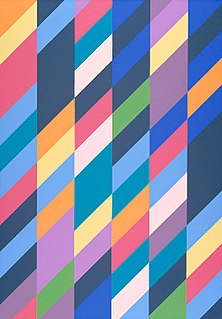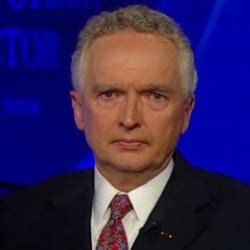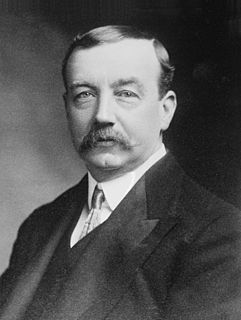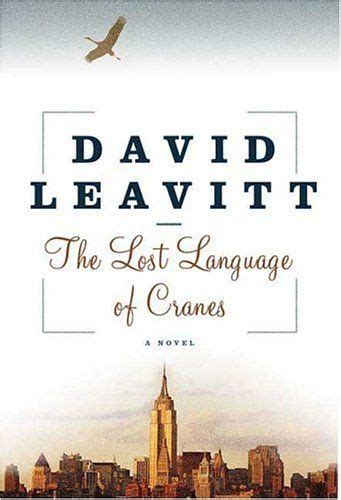A Quote by Soren Kierkegaard
A genius may perhaps be a century ahead of his age and hence stands there as a paradox, but in the end, the race will assimilate what was once a paradox, so it is no longer paradoxical.
Related Quotes
Given that the nineteenth century was the century of Socialism, of Liberalism, and of Democracy, it does not necessarily follow that the twentieth century must also be a century of Socialism, Liberalism and Democracy: political doctrines pass, but humanity remains, and it may rather be expected that this will be a century of authority ... a century of Fascism. For if the nineteenth century was a century of individualism it may be expected that this will be the century of collectivism and hence the century of the State.
It may be that the human race is not ready for freedom. The air of liberty may be too rarefied for us to breathe... The paradox seems to be, as Socrates demonstrated long ago, that the truly free individual is free only to the extent of his own self-mastery. While those who will not govern themselves are condemned to find masters to govern over them.
He is not famous. It may be that he never will be. It may be that when his life at last comes to an end he will leave no more trace of his sojourn on earth than a stone thrown into a river leaves on the surface of the water. But it may be that the way of life that he has chosen for himself and the peculiar strength and sweetness of his character may have an ever-growing influence over his fellow men so that, long after his death perhaps, it may be realized that there lived in this age a very remarkable creature.
When Pico [Iyer] talks about home being a place of isolation, I think he's right. But it's the paradox. I think that's why I so love Great Salt Lake. Every day when I look out at that lake, I think, "Ah, paradox" - a body of water than no one can drink. It's the liquid lie of the desert. But I think we have those paradoxes within us and certainly the whole idea of home is windswept with paradox.







































